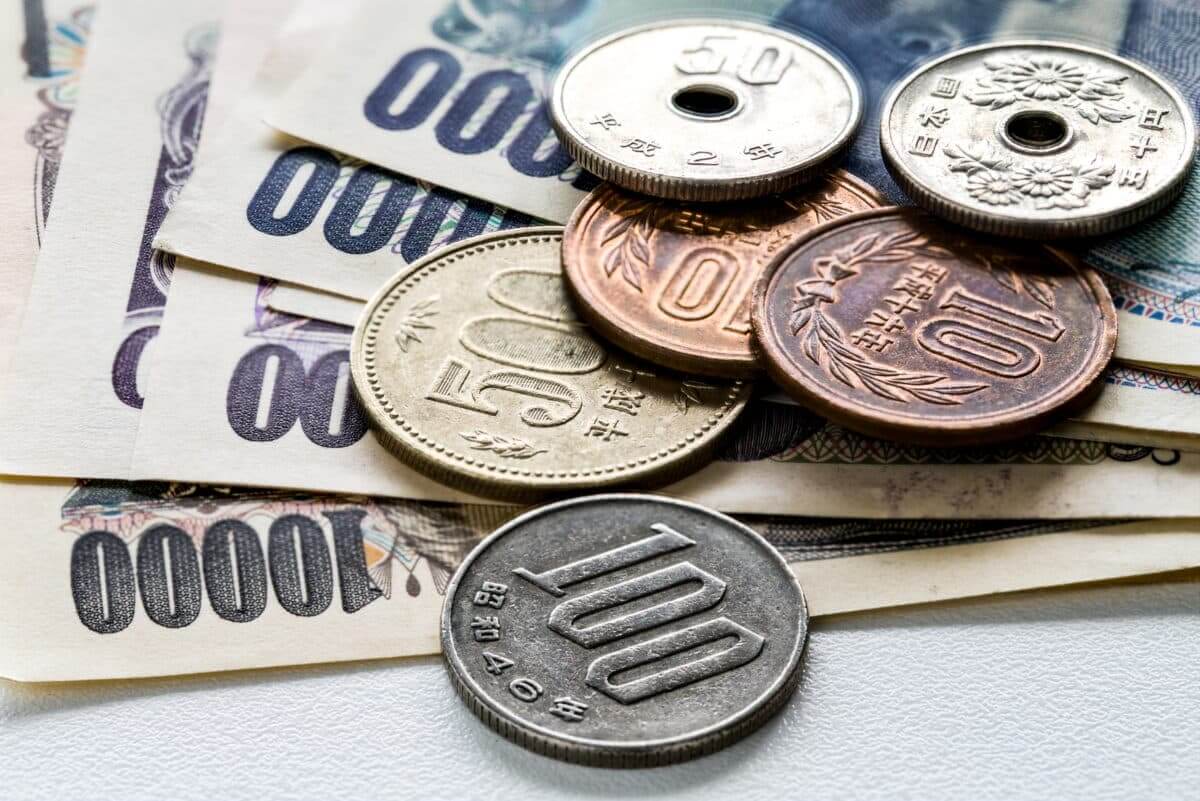
Japanese yen skyrocketed on Monday. What about the euro?
The Japanese yen rallied today, hitting a high. The greenback plummeted versus the yen to its lowest level since February 10. The USD/JPY pair exchanged hands at 130.55 on Monday. It shaved off 0.66% at last, trading at 130.96. Traders were concerned due to the new deal in the banking industry.
UBS announced that it would take over Credit Suisse – its longtime rival. However, in the process, it will wipe out holders of Credit Suisse Additional Tier-1. That means a loss of approximately $17 billion. Consequently, some of the debt holders are very angry, especially as they thought that they wouldn’t end up with as much loss as shareholders. Investors owning AT1 bonds in the other banks are also worried.
Such turmoil in the market pushed traders toward safe-haven currencies. While the U.S. dollar is also considered as one, in this case, the Japanese yen was the favorite. As a result, it surged forward even as Asian bank stocks plummeted overnight. The bearish trading spread to Europe today, as well.
Alvin Tan, the head of Asia FX strategy at RBC Capital Markets, noted that investors worried about UBS completely writing down all AT1 bonds. That is contrary to typical market behavior, given that equity holders usually face higher risk compared to bondholders. Thus, the current situation concerns many people. On Monday, Europe’s banking stocks index plunged low, shaving nearly 6% in early trading. However, it recovered later, trading lower by only 1.65% at last. The market sentiment improved somewhat after the initial scare.
How is the euro trading now?
The common currency climbed up by 0.26% on Monday. It exchanged hands at $1.069 against the greenback. At the same time, the British pound jumped by 0.32%, trading at $1.222. However, the U.S. dollar managed to gain versus the Swiss franc. It soared by 0.22% to 0.928 francs.
Last week, two U.S. regional banks collapsed, causing much uproar in the markets. Regulators tried to mitigate the damage, as well as calm investors, though. On Sunday, the central banks attempted to increase the cash flow worldwide to bolster the shaken confidence in the global banking system.
Furthermore, the U.S. Federal Reserve suggested starting to swap currency daily. It hoped that such action would ensure that banks in the eurozone, Canada, Japan, Britain, and Switzerland would have enough dollars they needed to operate. The Fed already did that during the coronavirus crisis of 2020.
However, some economists pointed out that U.S. bond yields plunged sharply recently and that lessened the safe-haven dollar’s appeal for traders. On Monday, the U.S. dollar index tumbled by 0.26% at 103.53 against the basket of six major currencies. The greenback also shaved off 0.73% over the last week.
RBC’s Tan noted that the Japanese yen was currently the cleanest risk-off currency in Forex, considering the drop in U.S. yields. On Monday, yields on 10-year U.S. Treasury notes plunged by 3 basis points, settling on 3.365%. That was partly due to investors preferring government bonds, given the latter’s safe haven status. Some analysts predicted that the U.S. central bank would struggle to hike interest rates due to the current situation. The Fed’s next meeting is due on Wednesday. That leaves precious little time for changes.
What about the Aussie dollar and EM currencies?
The Australian dollar is a risk-on currency. Consequently, it tumbled by 0.13%, trading at $0.669 today. However, the Canadian dollar rallied. The greenback dropped by 0.17% to C$1.371.
Meanwhile, Emerging Asian currencies traded mixed on Monday. The equities ended in the red, though. Market participants were concerned about the global financial system’s health.
The Indonesian rupiah shaved off the most, dropping by 0.2%. On the other hand, the Malaysian ringgit exchanged hands flat. The Philippine peso managed to gain 0.1%, though.
On Monday, the shares in Singapore declined by approximately 1.2%, plunging to their lowest level in almost a week. At the same time, stocks in Jakarta, Mumbai, and Kuala Lumpur plummeted between 0.5% and 1.1%.
Robert Carnell, the Regional Head of Research, Asia Pacific at ING, noted that Asian markets seem worried over developments in the global financial system. That indicates that bad things can still happen.
Investors have priced in nearly a 60% chance that the U.S. central bank will hike interest rates by 25 basis points on Wednesday.




